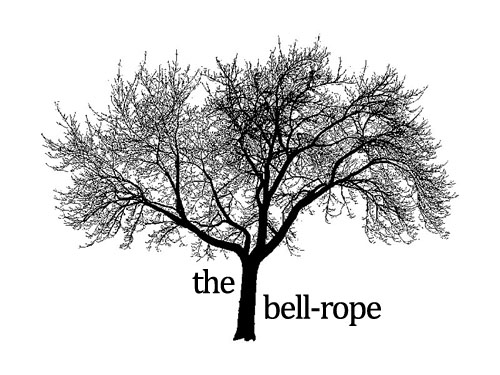That thing where someone spends their whole life writing around problems they don't care about, problems that just happened to be there when they came on the scene, that formed their geography, mountains and lakes, coasts and skies. It's especially sad when you see them write their way out of that irrelevant landscape in late academic life, maybe never realizing how defunct the problems already were, and then appending in a last chapter or last paragraph a child's fantasy of new work, (it seems:) work they really want to do. It's sometimes framed as a promise, but often it also feels like a resignation (handing in the slip ...), a last stab at getting a flag in the ground.
How to spot the spies in the court, the false leads, the problems that are invented in the process of thinking (like cross-contamination in hospitals)? But how can we know this stuff, sometimes? Wittgenstein apparently showed up centuries of concern in philosophy, but is something that lasts for centuries ever a false problem (a problem that has no bearing on human life)? And still not everyone has absorbed his lessons. The real question: How does one not waste one's life with this stuff?
To inhabit your theory with fullest imagination, to really try to hold in your head a fully realized energy map of the world. Then individual thinkers are like shocks to the system, try to upset it. If your whole map holds -- that is not a guarantee of relevance, or timeliness. What makes a map relevant at any moment over others is whether the vision of humans in it is something we need at that moment (at that moment in public life, at that moment in the life of theory). Theory is always a desperate grab for the possibility of self-portraiture.
Wednesday, September 18, 2013
Subscribe to:
Comments (Atom)
